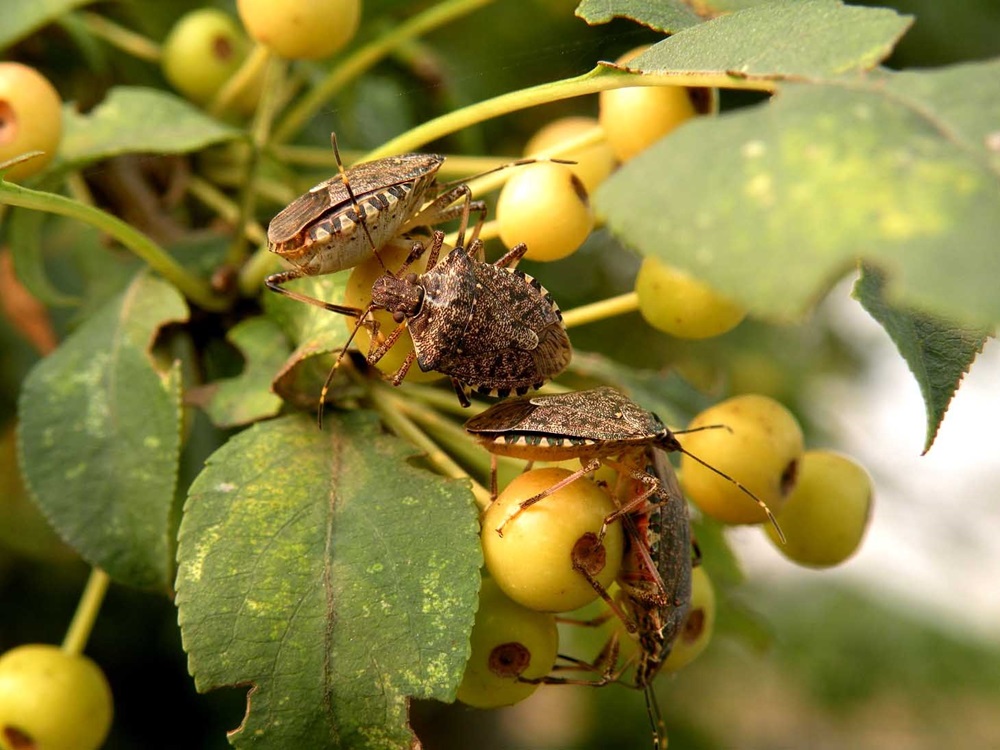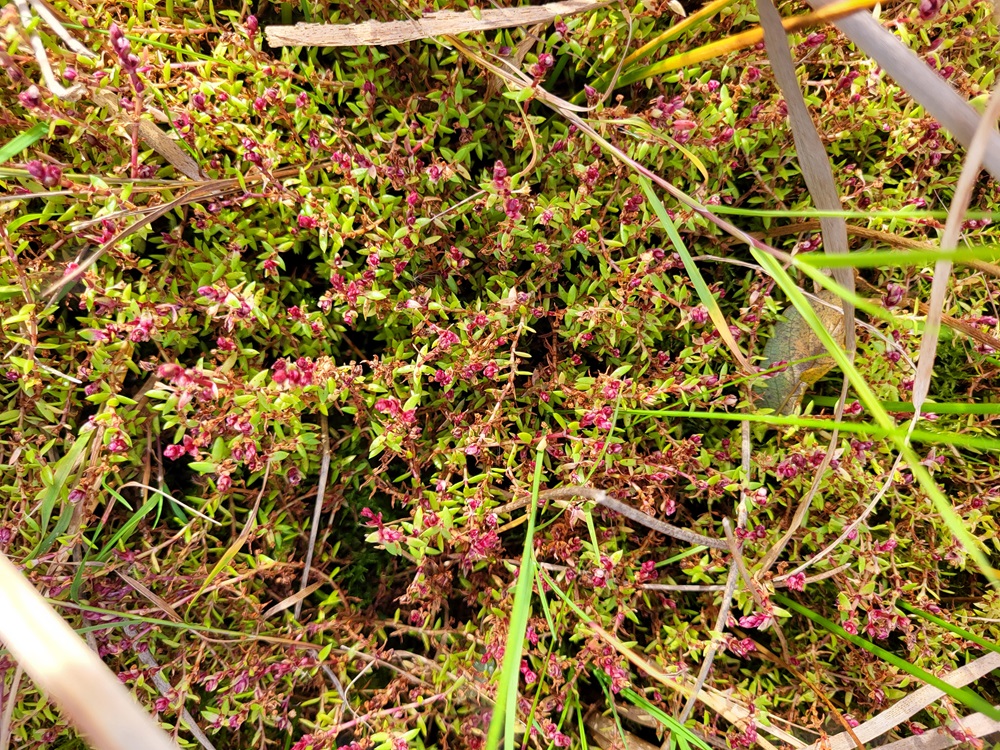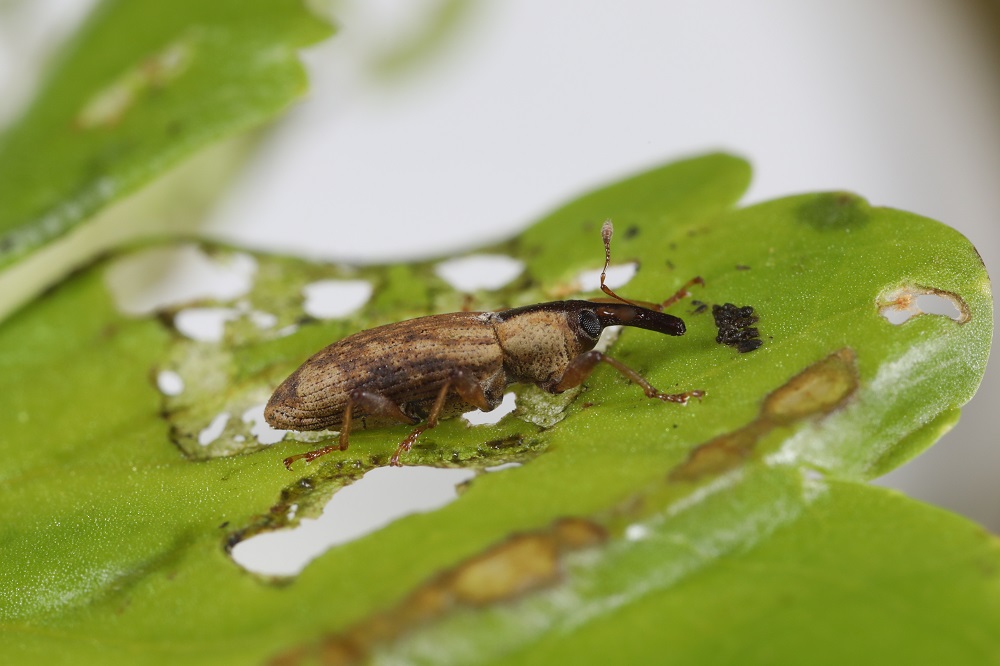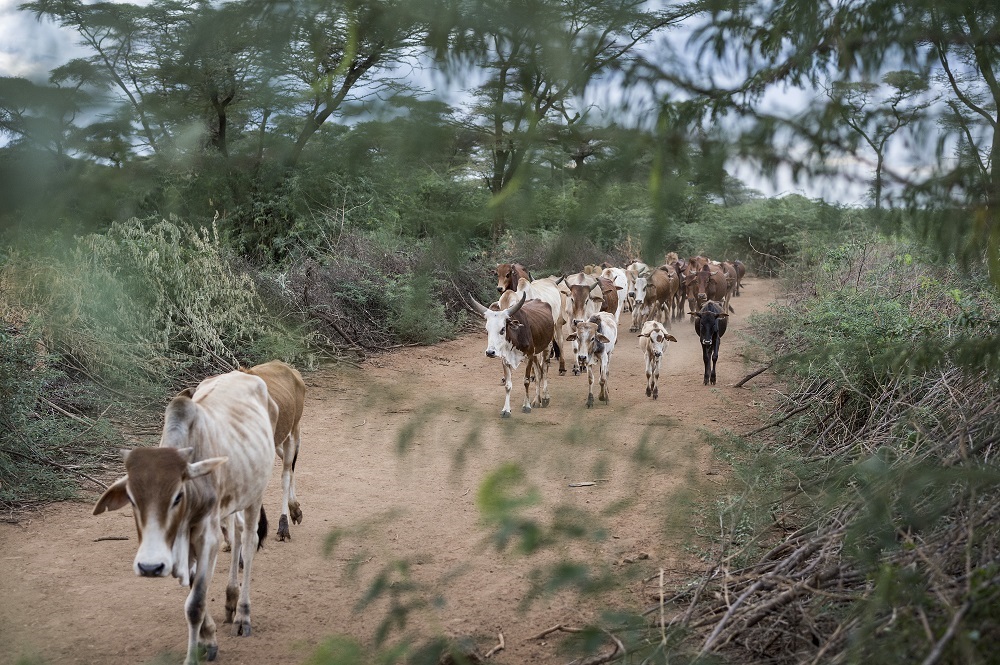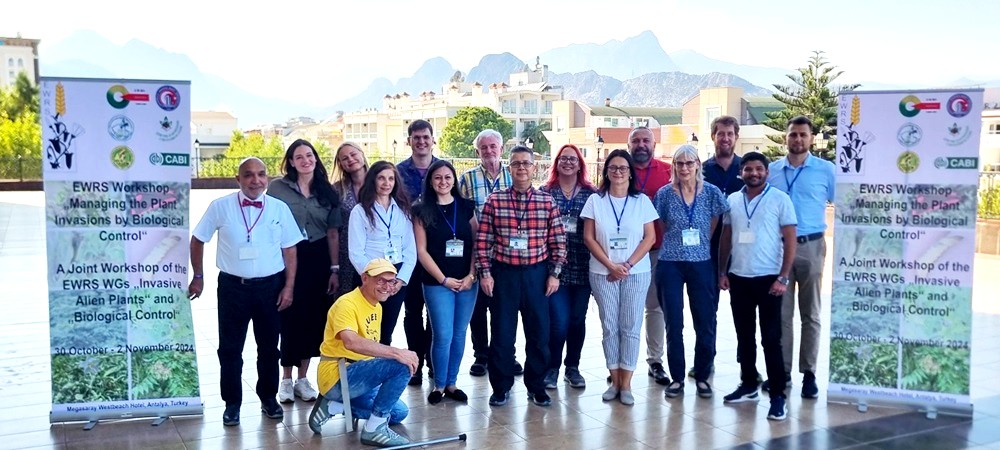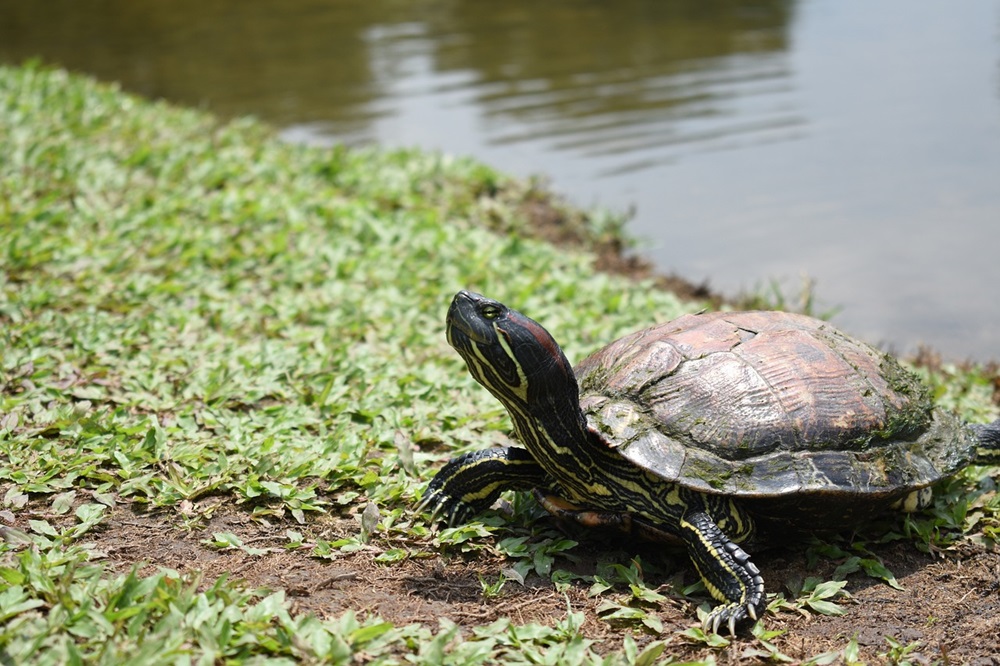Invasives Blog
You are here: Invasives Blog
CABI-led study suggests women in Pakistan need greater access to information on parthenium weed
June 27, 2025
Wayne Coles
No Comments
CABI training prepares agricultural advisors in Kurdistan Region of Iraq for the invasive fall armyworm pest
May 8, 2025
Stefan Toepfer, Wayne Coles
No Comments
Study assesses lethal effects of pesticide residue on beneficial parasitoids and brown marmorated stink bug
April 17, 2025
Wayne Coles
No Comments
Nearly 25 years of research precedes release of seed-feeding weevil to fight garlic mustard in North America
March 31, 2025
Wayne Coles
3 comments
“Mitey” progress of Crassula biocontrol at RSPB Conwy, North Wales
March 18, 2025
Elizabeth Pendlington
1 comment
CABI supports weevil release to help control floating pennywort in the Cam Washes
February 6, 2025
Wayne Coles
No Comments
Tackling a cactus menace with sustainable biological control in Kenya’s Naibunga Community Conservancy
January 24, 2025
Wayne Coles
1 comment
New CABI book explores the ecology and management of invasive Prosopis trees in Eastern Africa
January 20, 2025
Wayne Coles
No Comments
European Weed Research Society working groups turn focus on biological control of Invasive Alien Plant species
December 23, 2024
Wayne Coles
No Comments
Study suggests ways to prevent spread of invasive alien species from pet and aquaria trade in Caribbean
December 17, 2024
Wayne Coles
No Comments
Subscribe
Find out more
For more information about CABI's work on invasive species, please visit www.invasive-species.org
Contribute
If you are active in the field of invasive species or development and would like to contribute to the Invasives Blog, please contact Donna Hutchinson. We are happy to post credible articles that we think would be of interest to our readership.
Views expressed in contributions do not necessarily reflect official CABI positions.
Archives
Categories
- Agriculture and International Development
- Veterinary and Animal Sciences
- Climate change and biodiversity
- Environmental Sciences
- Invasive species
- Plant Sciences
- Crop health
- Development communication and extension
- Digital development
- Economic development
- Food and nutrition security
- Gender and youth
- Publishing
- Value chains and trade



